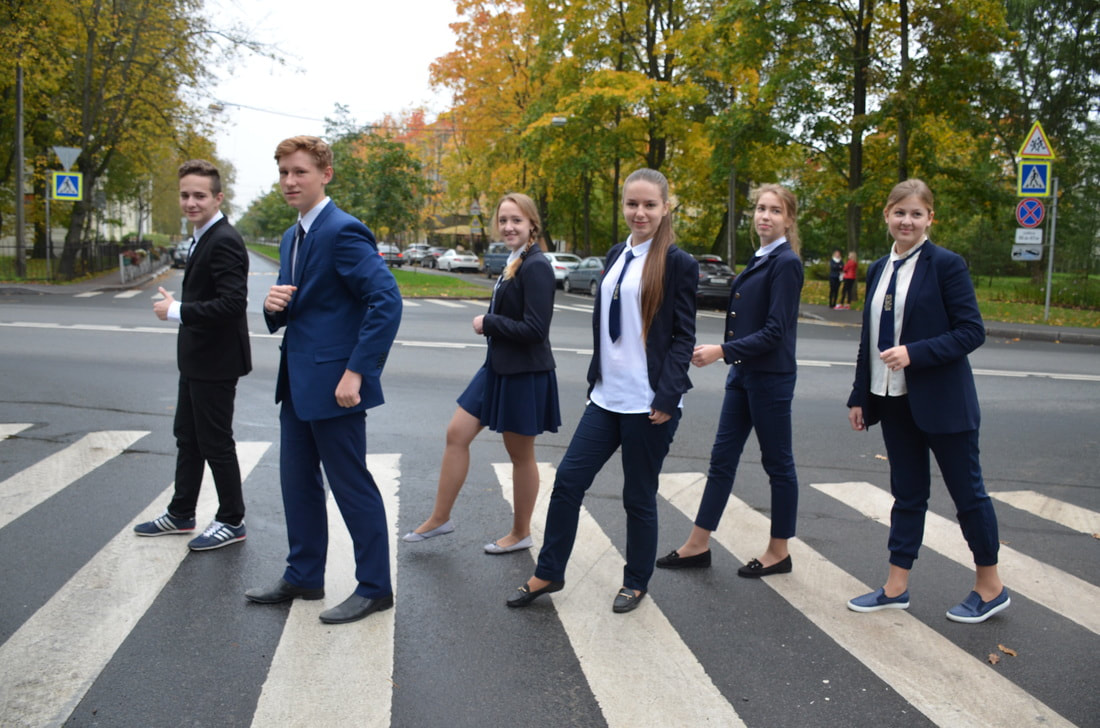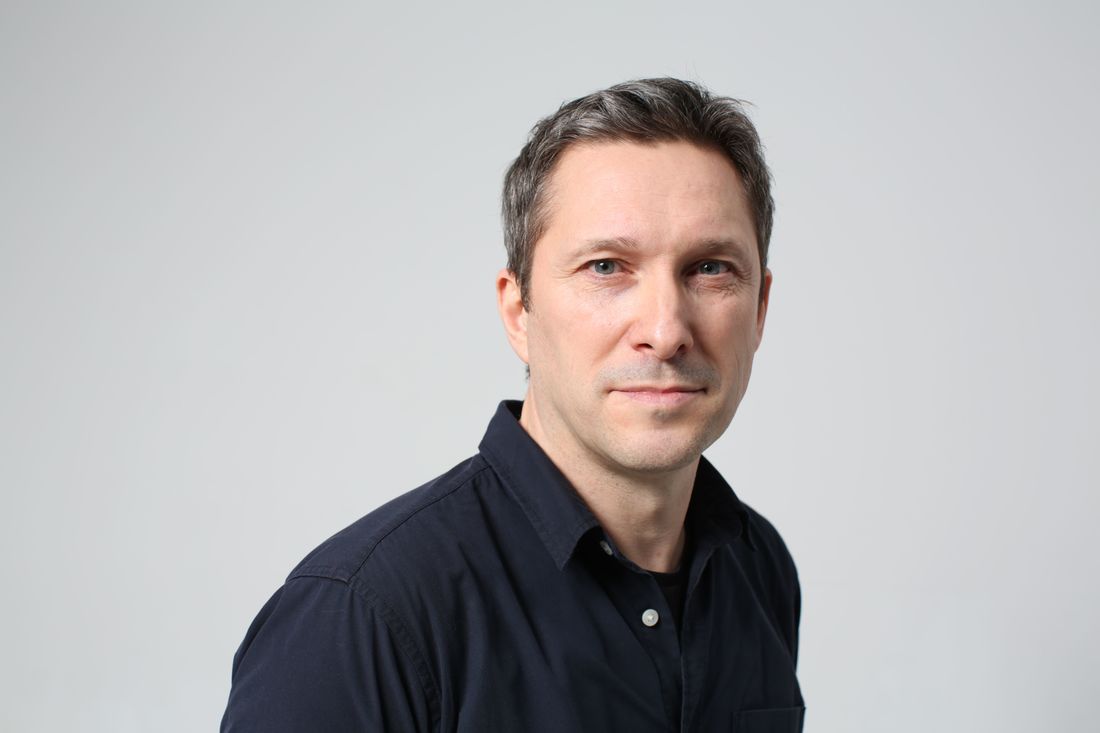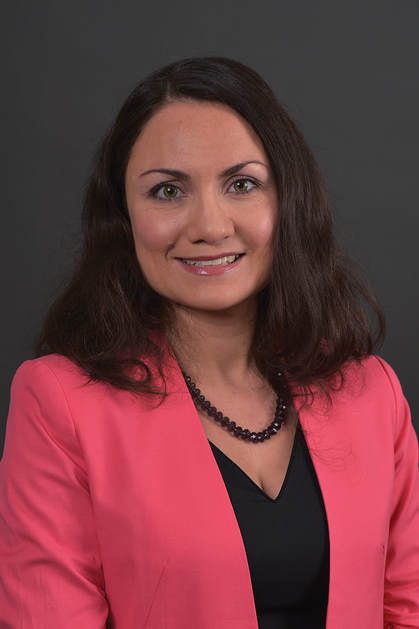Meet our Presenters
Keynote Speaker
10:00 am
Dr. Oleg Kashirskikh is a professor of political communication at the Department of Integrated Communication at the National Research University Higher School of Economics in Moscow. He earned his PhD in history and political science at Julius-Maximilians-Universität, Germany. Dr. Kashirskikh’s research explores the contemporary Russian public sphere and political discourse from the perspective of deliberative democracy theory, as well the role of new media in political participation in Russia. His work has been published in the European Journal of Communication, the Russian journal Vestnik Obshestvennogo Mneniyaand elsewhere. Dr. Kashirkish teaches courses on communication theory and methodology, political communication, business-government relations and has won numerous teaching awards. He is also the Director of the Master’s Program in Integrated Communication at the National Research University Higher School of Economics.
1:30 pm
Dr. Anna Popkova is an Assistant Professor at Western Michigan University School of Communication where she teaches courses on public relations. Dr. Popkova’s research explores the relationships between media, civil society and political discourse in contemporary Russia, as well as the interplay between media, public opinion and foreign policy/international affairs in the context of Russia-U.S. relations. Dr. Popkova’s work has been published in the Journal of Communication Inquiry, the International Journal of Communicationand the International Communication Gazette. She earned her PhD in Journalism and Mass Communication from the University of Minnesota in 2015.
2:30 pm
Alaina Lemon is a socio-cultural and linguistic anthropologist who works in Russia and the Former Soviet Union. She is interested in how debates about aesthetic techniques and communicative forms relate to struggles over political change or social hierarchies. She has conducted ethnographic research in directing schools, in theaters and backstage, on film sets, with journalists and press analysts, in the Moscow Metro, and, of course, sitting with people in kitchens and in front of television sets. She also sifts through archives and internet, broadcast, and print media texts. She has written a book about ways Roma in Russia are racialized through performance--even as they also produce social value through meta-communication around performance encounters. She has published articles that connect racial discourses (with emphasis on non-referential ways to index race) in post-Soviet Russia to Cold War narratives, to counterfeit currency, to public transit, and to institutionalized forms of performance. Recent publications address the training of cultural producers in Russia, critically exploring categories of practice such as "Verbal Terror," "Empathy," and "Hybrid Chronotopes." Forthcoming work includes a study of ways people address both anxieties about mental influence as well as utopian hopes for a world of mental communion by linking theatrical practice with the spectacular techniques of paranormal science.
Also featuring Pushkin Students from School 606, Pushkin, Russia
11:30 am




